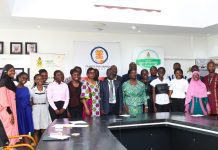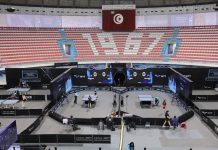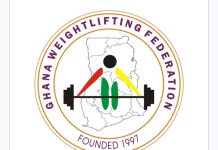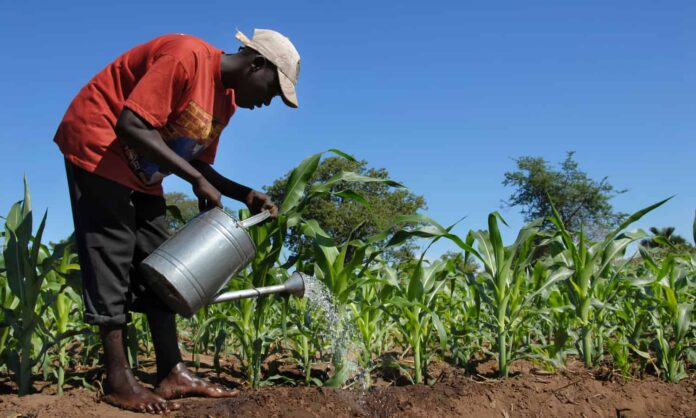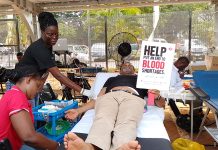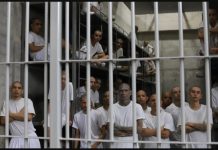ACCRA, Ghana, June 10, 2022/ — The Africa Fertilizer Financing Mechanism (AFFM) will extend a $2 million partial trade credit guarantee to ETG Inputs Ghana Limited to support the delivery of fertilizer to 200,000 smallholder farmers in Ghana’s Upper East, Savannah, Northeast, and Northern Regions.
The move will ease the current shortages in supply and boost yields, food security, and incomes of farmers in the designated regions.
Under the agreement, ETG Inputs Ghana Limited, a subsidiary of agricultural conglomerate ETG, will enable the delivery of 10,000 metric tons of fertilizer to wholesalers who will distribute it, via retailers, to farmers in the regions.
The credit enhancement mechanism is expected to reduce risks associated with suppliers selling fertilizer to wholesalers on credit, which can result in farmers having limited access to good quality fertilizer.
“This project with ETG comes at a time when Africa’s farmers—recovering from the economic impacts of the Covid-19 pandemic— now face rising market prices for fertilizer, largely due to Russia’s war in Ukraine,” said Dr. Beth Dunford, the African Development Bank’s Vice President for Agriculture, Human and Social Development. “This partial trade credit guarantee helps improve access to these inputs at more affordable prices.”
The war in Ukraine has contributed to fertilizer shortages, driving prices higher, and reducing supplies. In Ghana, the fertilizer shortage has now affected 60% of the supply. The country has seen the cost of a 50kg bag of commonly used nitrogen-, phosphorus- and potassium-based fertilizer skyrocket from $26 in November 2021 to $46 in April 2022, according to the Africa Fertilizer (https://bit.ly/3xAbEJ1) initiative, which compiles data, statistics, and information on fertilizers in Africa.
The trend is threatening agricultural production just as many countries head into the planting season. At the same time, imports of food staples into Africa, such as wheat and oilseed, are also being disrupted by the war.
Ashish Lakhotia, CEO of Fertilizers and Agri-Inputs at ETG, said fertilizer production and distribution can be expensive. “Securing opportunities for risk-sharing is crucial to building an environment of trust that leads to fertilizer availability for smallholder farmers. I’m confident our collaboration with the Africa Fertilizer Financing Mechanism will mitigate potential risks we face when dealing with wholesalers.”
The project, which will last for one year, will support as many as four wholesalers to sell fertilizer with a value of up to three times that of the partial trade credit guarantee. It will also contribute to linking wholesalers to around 200 retailers who will on-sell the fertilizer to farmers.
The Africa Fertilizer Financing Mechanism is hosted by the African Development Bank. Established in 2007, it seeks to enhance pan-African agricultural productivity by promoting the use of fertilizers.
About the African Development Bank Group:
The African Development Bank Group (AfDB) is Africa’s premier development finance institution. It comprises three distinct entities: the African Development Bank (AfDB), the African Development Fund (ADF) and the Nigeria Trust Fund (NTF).
On the ground in 44 African countries with an external office in Japan, the AfDB contributes to the economic development and the social progress of its 54 regional member states. For more information: www.AfDB.org



